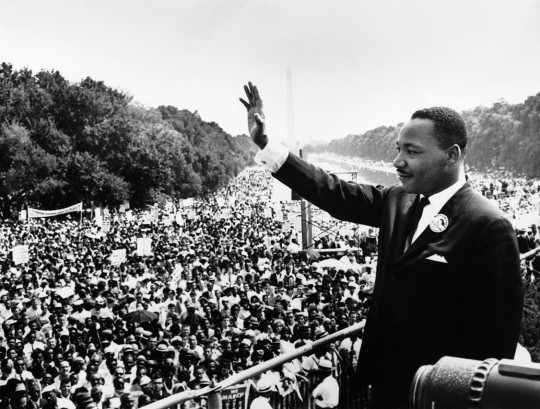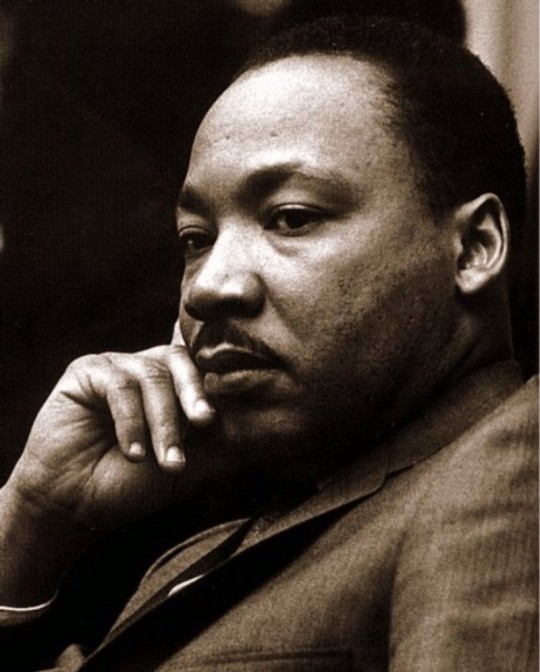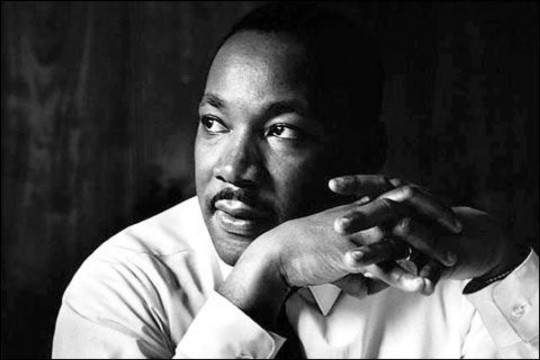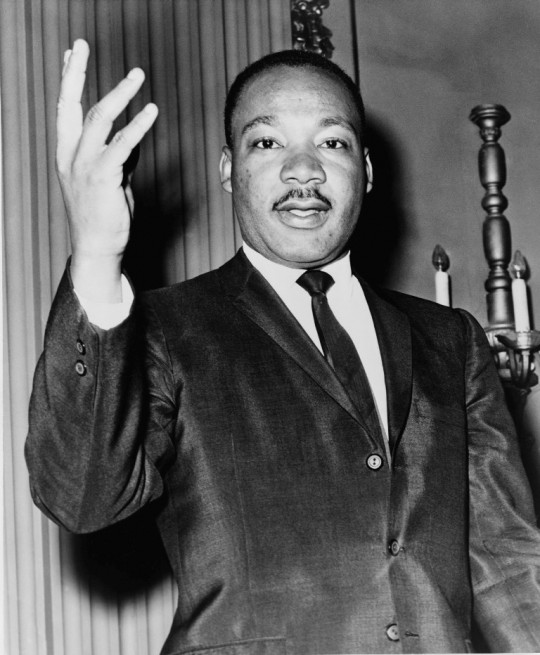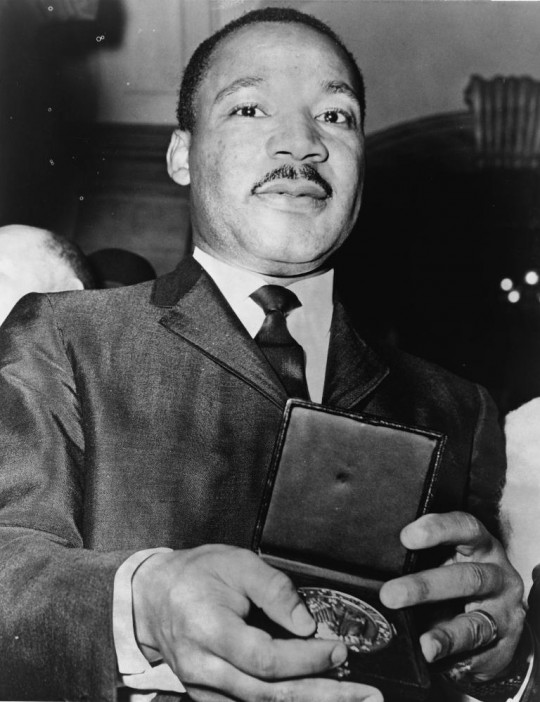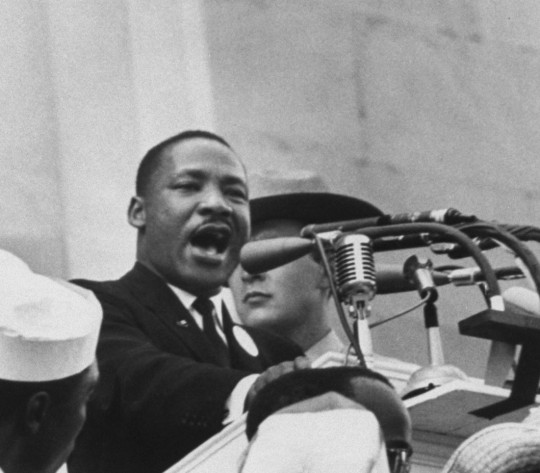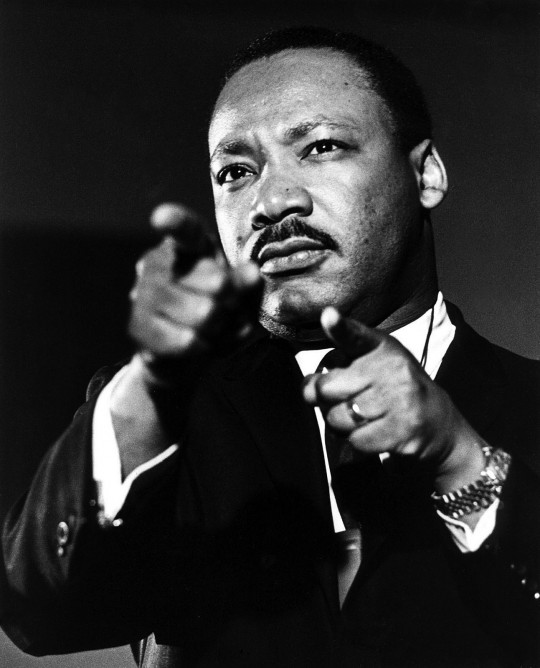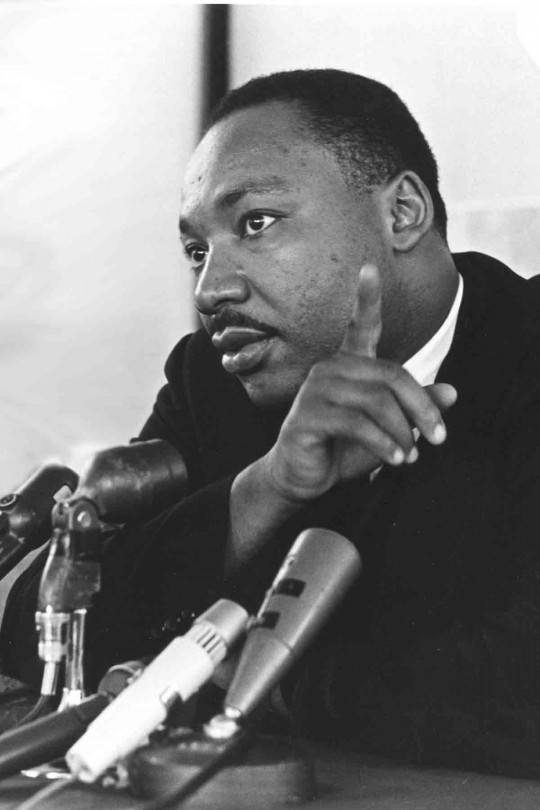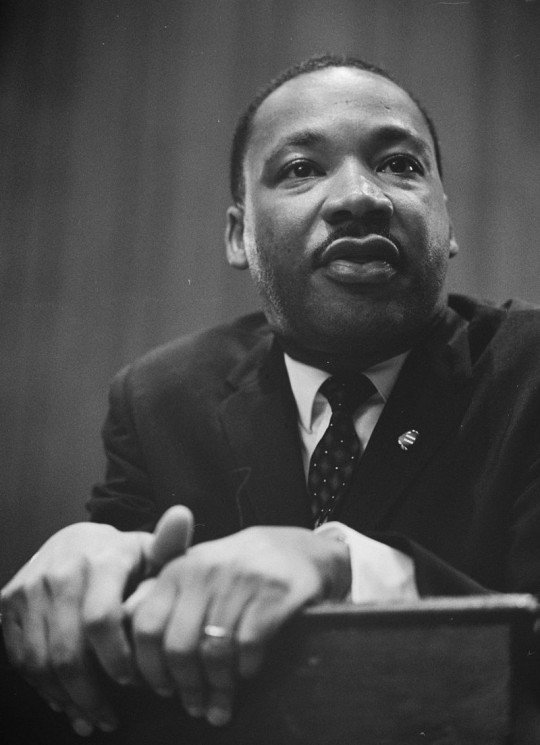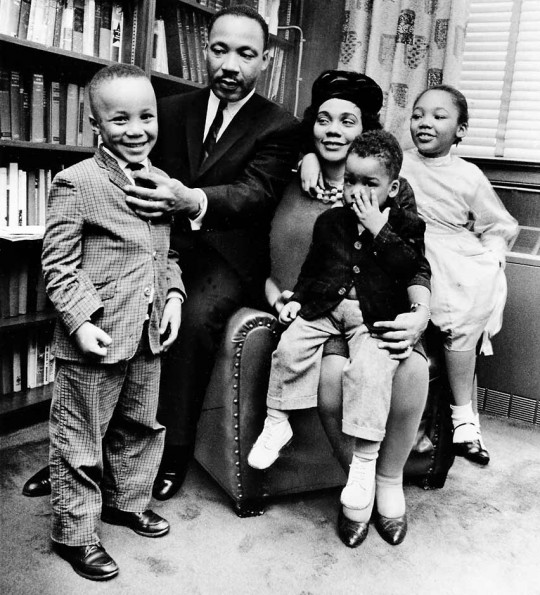(Bloomberg) – Adele won six Grammy awards, sweeping the major categories of song, record and album of the year, on a night the music industry mourned the loss of singer Whitney Houston.
Adele’s “21” was named album of the year, and “Rolling in the Deep” won song and record of the year at the 54th Grammy Awards, telecast by CBS Corp. last night from Los Angeles. Foo Fighters won five awards including best rock album, and Kanye West took home four including best rap album for “My Beautiful Dark Twisted Fantasy.”
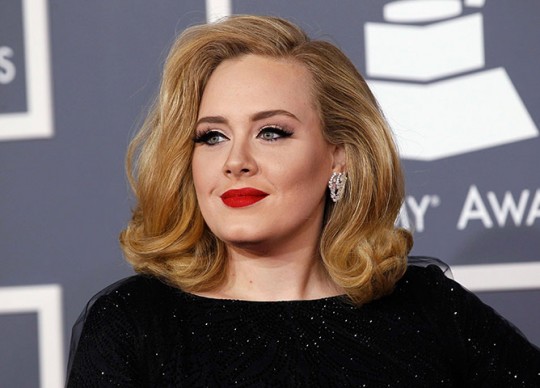
“Mom, gold is good!” Adele shouted as she took the album of the year trophy.
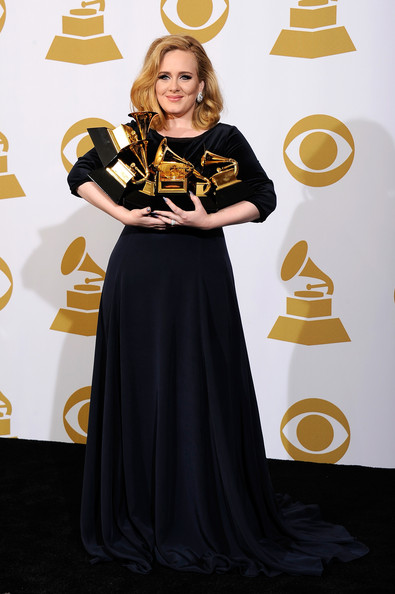
The celebration of Adele, a big-voiced, soulful singer, came on a night where the Grammys marked the loss of one of music’s great female voices – and one of its most prized talents overall. Whitney Houston died the night before the Grammys, casting a shadow over music’s biggest night. (AP)
Adele played a captivating sold-out show at the Ogden Theatre in May. Photos by Joe McCabe, heyreverb.com.

“I can’t believe I’m getting emotional already. My life changed when I wrote [“Someone Like You”], and I felt it before anyone even heard it,” she said while accepting the pop vocal performance award. “And seeing as it’s a vocal performance, I need to thank my doctors, I suppose, who brought my voice back.”
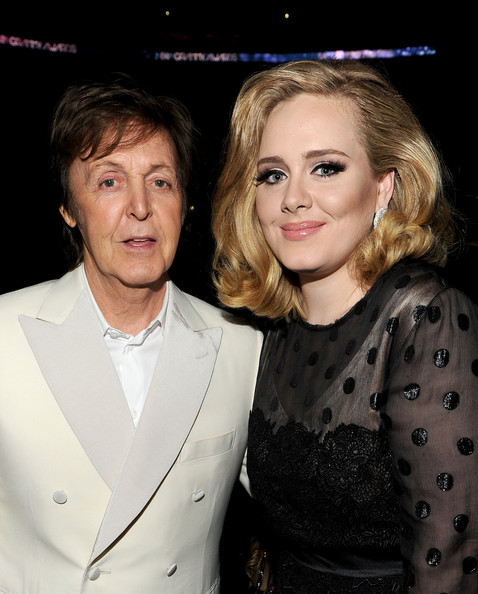
“Heavenly father, we thank you for sharing our sister Whitney with us,” he said. “Though she is gone too soon, we remain truly blessed to have been touched by her beautiful spirit.”
Following is a list of key winners:
RECORD OF THE YEAR – “Rolling In The Deep” Adele
ALBUM OF THE YEAR – “21” Adele
SONG OF THE YEAR – “Rolling In The Deep” Adele Adkins and Paul Epworth (song writer award)
BEST NEW ARTIST – Bon Iver
BEST POP SOLO PERFORMANCE – Adele “Someone Like You”
BEST ROCK ALBUM – Foo Fighters “Wasting Light”
BEST POP DUO – Tony Bennett and Amy Winehouse “Body and Soul”
BEST POP VOCAL ALBUM – Adele “21”
BEST RAP ALBUM – Kanye West “My Beautiful Dark Twisted Fantasy”
BEST POP INSTRUMENTAL ALBUM – Booker T. Jones “The Road From Memphis”
BEST DANCE RECORDING – Skrillex “Scary Monsters and Nice Sprites”
BEST DANCE/ELECTRONICA ALBUM – Skrillex “Scary Monsters and Nice Sprites”
BEST TRADITIONAL POP VOCAL ALBUM – Tony Bennett & Various Artists “Duets II”
BEST ROCK PERFORMANCE – Foo Fighters “Walk”
BEST HARD ROCK/METAL PERFORMANCE – Foo Fighters “White Limo”
BEST ROCK SONG – Foo Fighters (songwriters) “Walk”
BEST ALTERNATIVE MUSIC ALBUM – Bon Iver “Bon Iver”
BEST R&B PERFORMANCE – Corinne Bailey Rae “Is This Love”
BEST TRADITIONAL R&B PERFORMANCE – Cee Lo Green & Melanie Fiona “Fool for You”
BEST R&B SONG – Cee Lo Green, Melanie Hallim, Jack Splash (songwriters) “Fool for You”
BEST R&B ALBUM – Chris Brown “F.A.M.E”
BEST RAP PERFORMANCE – Jay-Z & Kanye West “Otis”
BEST RAP/SUNG COLLABORATION – Kanye West, Rihanna, Kid Cudi & Fergie “All of the Lights”
BEST RAP SONG – Jeff Bhasker, Stacy Ferguson, Malik Jones, Warren Trotter & Kanye West (songwriters) “All of the Lights”
BEST COUNTRY SOLO PERFORMANCE – Taylor Swift “Mean”
BEST COUNTRY DUO/GROUP PERFORMANCE – The Civil Wars “Barton Hollow”
BEST COUNTRY SONG – Taylor Swift (songwriter) “Mean”
BEST COUNTRY ALBUM – Lady Antebellum “Own The Night”
BEST NEW AGE ALBUM – Pat Metheny “What’s It All About”
BEST IMPROVISED JAZZ SOLO – Chick Corea “500 Miles High”
BEST JAZZ VOCAL ALBUM – Terri Lyne Carrington & Various Artists “The Mosaic Project”
BEST JAZZ INSTRUMENTAL ALBUM – Corea, Clarke & White “Forever”
BEST LARGE JAZZ ENSEMBLE ALBUM – Christian McBride Big Band “The Good Feeling”
BEST GOSPEL/CONTEMPORARY CHRISTIAN MUSIC PERFORMANCE – Le’Andria Johnson “Jesus”
BEST GOSPEL SONG – Kirk Franklin (songwriter) “Hello Fear”
BEST CONTEMPORARY CHRISTIAN MUSIC SONG – Laura Story (songwriter) “Blessings”
BEST GOSPEL ALBUM – Kirk Franklin “Hello Fear”
BEST CONTEMPORARY CHRISTIAN MUSIC ALBUM – Chris Tomlin “And If Our God Is for Us…”
BEST LATIN POP, ROCK, OR URBAN ALBUM – Mana “Drama y Luz”
BEST REGIONAL MEXICAN OR TEJANO ALBUM – Pepe Aguilar “Bicentenario”
BEST BANDA OR NORTENO ALBUM – Los Tigres Del Norte “Los Tigres Del Norte and Friends”
BEST TROPICAL LATIN ALBUM – Cachao “The Last Mambo”
BEST AMERICANA ALBUM – Levon Helm “Ramble at the Ryman”
BEST BLUEGRASS ALBUM – Alison Krauss & Union Station “Paper Airplane”
BEST BLUES ALBUM – Tedeschi Trucks Band “Revelator”
BEST FOLK ALBUM – The Civil Wars “Barton Hollow”
BEST REGIONAL ROOTS MUSIC ALBUM – Rebirth Brass Band “Rebirth of New Orleans”
BEST REGGAE ALBUM – Stephen Marley “Revelation Pt. 1: The Root of Life”
BEST WORLD MUSIC ALBUM – Tinariwen “Tassili”
BEST CHILDREN’S ALBUM – Various Artists “All About Bullies … Big and Small”
BEST SPOKEN WORD ALBUM – Betty White “If You Ask Me (And Of Course You Won’t)
BEST COMEDY ALBUM – Louis C.K. “Hilarious”
BEST MUSICAL THEATER ALBUM – “The Book of Mormon”
BEST SHORT FORM MUSIC VIDEO – Adele “Rolling in the Deep”
BEST LONG FORM MUSIC VIDEO – Foo Fighters “Foo Fighters: Back and Forth”

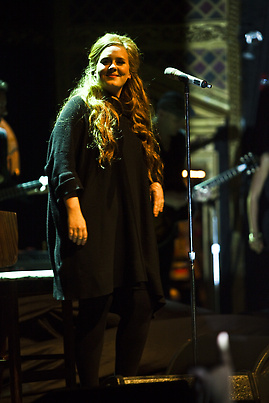
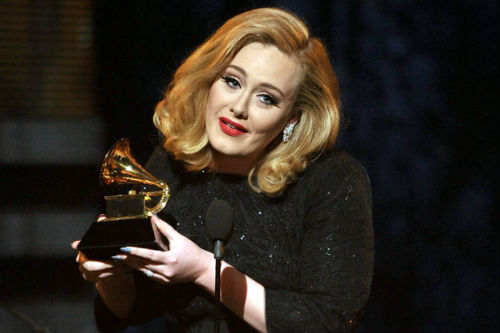
![main_king[1]](http://wondrouspics.com/wp-content/uploads/2012/01/main_king1.jpg)
